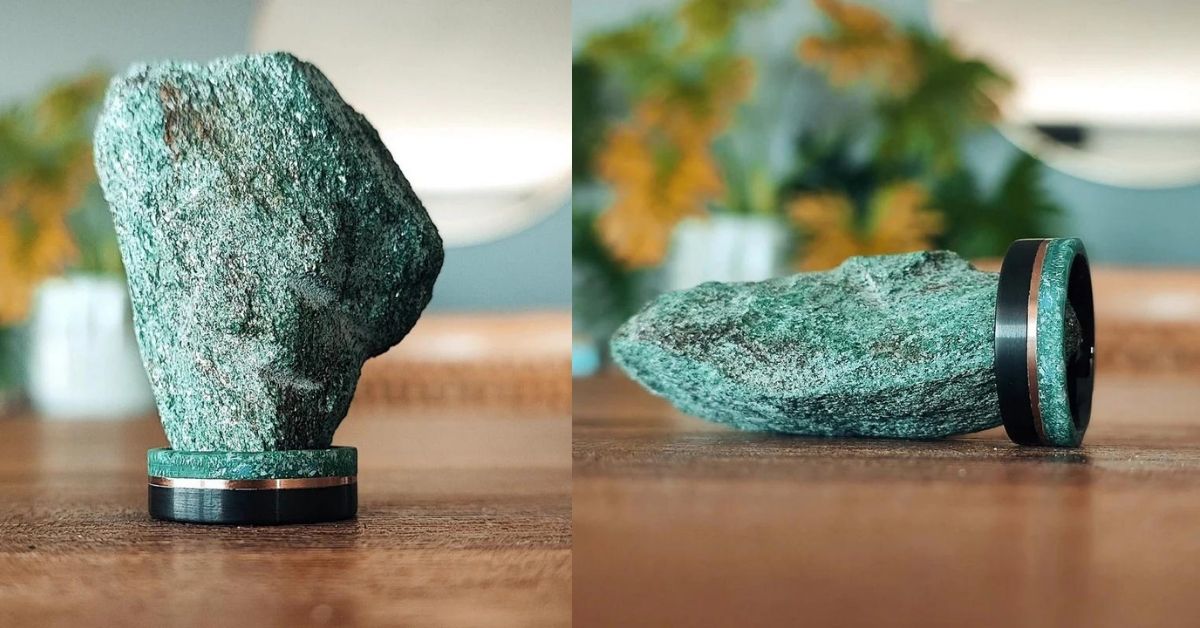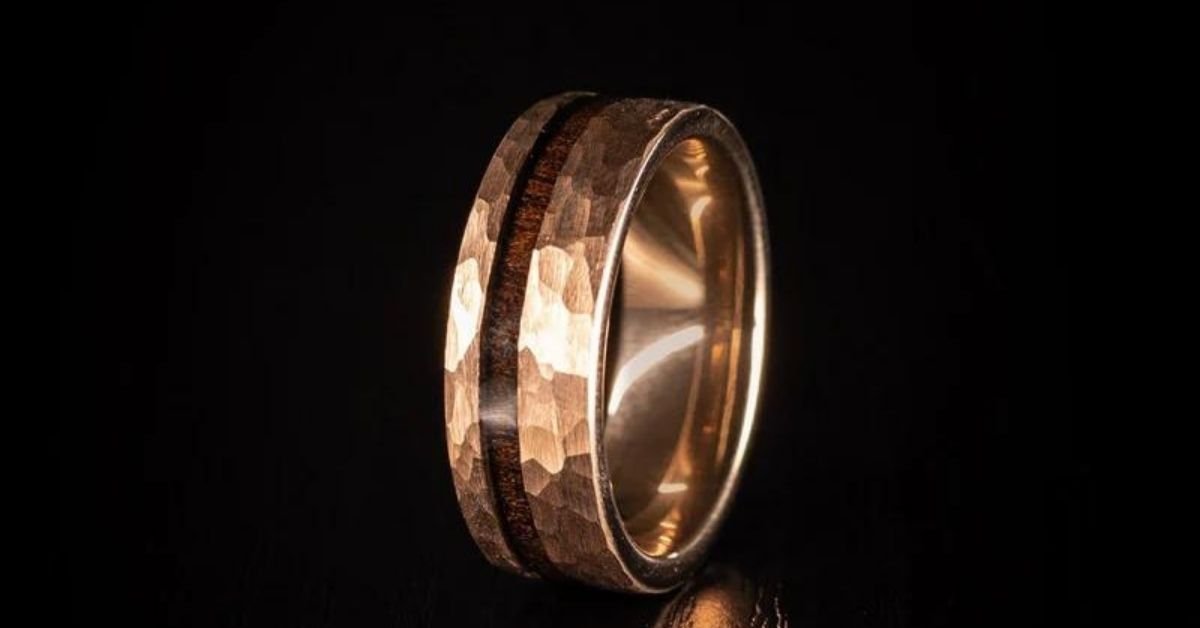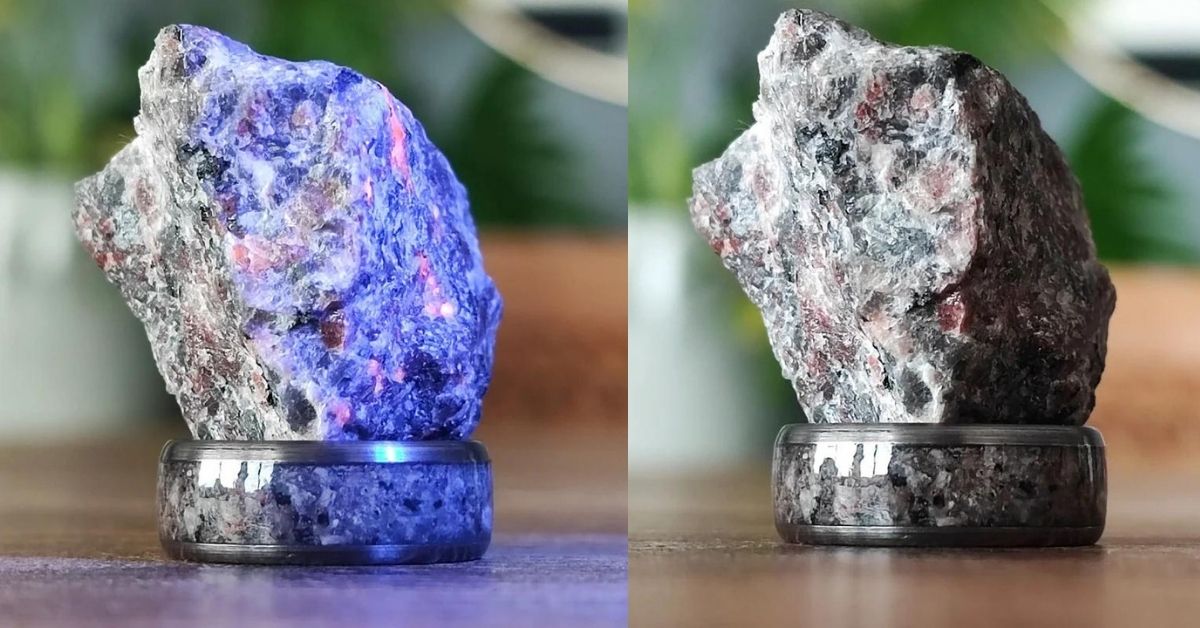
Do Guys Wear Rings if Not Married?
Introduction
In today's world, jewellery has transcended traditional gender norms and become a powerful means of self-expression for everyone, including men. Among the various types of jewellery, rings have gained significant popularity. Traditionally, rings were primarily seen as symbols of marriage or engagement, but modern times have broadened their significance. Men now wear rings for a multitude of reasons, ranging from fashion to personal symbolism. This article explores why men wear rings even if they are not married, delving into the evolution of this trend, its symbolic meanings, and its cultural and personal significance.
The Evolution of Men's Rings
The history of men's rings dates back centuries, where they were often associated with power, status, and wealth. In ancient Egypt, Greece, and Rome, rings were worn by men to signify authority and social standing. Over time, the significance of rings evolved, particularly in Western cultures where they became closely tied to marriage and engagement. However, the late 20th and early 21st centuries saw a shift in this perception.
Today, men's rings are no longer confined to the realm of matrimonial symbolism. The rise of men's fashion and grooming industries has played a significant role in this transformation. Men are increasingly embracing rings as a form of self-expression, akin to how they might use clothing or other accessories to convey their personal style. This evolution reflects broader societal changes where rigid gender norms are being challenged and redefined.
Moreover, the influence of celebrities and public figures has normalised the wearing of rings among men. From actors to musicians and athletes, many prominent figures sport rings, making them a fashionable and acceptable accessory for men of all walks of life. This cultural shift has made it easier for men to incorporate rings into their daily attire without fear of being judged or misunderstood.
Symbolism Beyond Marriage
Rings have long been imbued with symbolic meanings that extend far beyond marital commitment. For many men, a ring can serve as a reminder of significant life events, personal achievements, or deeply held beliefs. For example, a man might wear a ring that commemorates his graduation, a career milestone, or an important personal transformation. These rings act as tangible symbols of personal growth and success, providing a sense of pride and accomplishment.
In addition to personal milestones, rings can also symbolise values and principles that are important to the wearer. Some men choose rings with engravings or designs that reflect their beliefs, such as religious symbols, cultural motifs, or inspirational quotes. These rings serve as daily reminders of what they stand for and aspire to be, reinforcing their sense of identity and purpose.
Furthermore, rings can signify relationships and connections beyond marriage. Friendship rings, family rings, and rings exchanged between partners in committed relationships are becoming more common. These rings represent bonds of love, loyalty, and trust, and are worn proudly as tokens of these important connections. In this way, the symbolism of rings has expanded to encompass a wide range of meaningful relationships and experiences.
Fashion and Personal Style
In the realm of fashion, rings have become an essential accessory for men looking to enhance their personal style. The versatility of rings allows them to complement various outfits, from casual wear to formal attire. Men are increasingly aware of the impact that well-chosen accessories can have on their overall appearance, and rings offer a subtle yet effective way to make a fashion statement.
Men's rings come in a plethora of designs, catering to different tastes and preferences. From minimalist bands to intricate designs featuring engravings, there is a ring to suit every personality. Tungsten rings, in particular, have gained popularity for their sleek appearance and durability. The metal's distinctive look, often in a gunmetal grey or black finish, adds a modern edge to any outfit, making it a favourite among fashion-conscious men.
Fashion-forward men often use rings to experiment with their style and showcase their creativity. Rings can add a touch of sophistication, ruggedness, or individuality to an outfit, depending on how they are styled. Whether worn alone or stacked with other rings, they can create a unique and personalised look that sets the wearer apart. This trend reflects a broader acceptance of men engaging with fashion in ways that were traditionally reserved for women.
Rings as Status Symbols
Throughout history, rings have been used as symbols of power, wealth, and status. This tradition continues in the modern era, where rings can still signify a man's social standing or professional achievements. In many cultures, certain types of rings are associated with specific honours or positions of authority. For example, signet rings, traditionally engraved with a family crest or emblem, have been worn by nobility and members of the upper class as a mark of their heritage and status.
In contemporary society, rings can denote professional success and accomplishment. High-ranking executives, successful entrepreneurs, and influential individuals often wear rings that reflect their achievements and positions. These rings can be custom-made to feature unique designs that symbolise the wearer's journey and success, making them not just accessories, but also badges of honour.
Moreover, luxury rings made from precious metals and adorned with gemstones are seen as symbols of affluence and taste. These rings are often chosen for their craftsmanship and exclusivity, highlighting the wearer's ability to afford and appreciate high-quality items. As such, rings continue to serve as powerful indicators of a man's place in society, much like they did in ancient times.
Rings for Cultural and Religious Reasons
Cultural and religious traditions play a significant role in the wearing of rings among men. In many cultures, rings hold deep symbolic meaning and are integral to various rituals and ceremonies. For instance, in Indian culture, men often wear rings with specific gemstones believed to bring good luck, health, and prosperity. These rings are chosen based on astrological charts and are worn to harness positive energies and ward off negative influences.
Similarly, in many religious traditions, rings are worn as expressions of faith and devotion. For example, in Christianity, bishops and clergy members often wear rings as symbols of their spiritual authority and commitment to their religious duties. These rings are typically simple yet significant, bearing symbols such as crosses or other religious icons.
In addition to their spiritual significance, rings in cultural contexts often represent community and belonging. In some African cultures, rings are exchanged as part of traditional ceremonies to signify unity and mutual respect. These rings are not just personal adornments but also carry collective meanings that reinforce cultural identity and heritage. Thus, cultural and religious reasons add another layer of depth to why men wear rings, extending beyond personal style or fashion.
Rings as Heirlooms and Family Tradition
Rings often hold sentimental value as heirlooms passed down through generations. These rings carry the history and legacy of a family, serving as tangible connections to ancestors and cherished memories. For many men, wearing a family heirloom ring is a way to honour their heritage and keep the memory of their loved ones alive.
Heirloom rings are typically associated with significant family events, such as weddings, births, or other milestones. They may feature unique designs or inscriptions that reflect the family's history and values. These rings are treasured not just for their material worth, but for the stories and emotions they encapsulate. Wearing an heirloom ring can evoke a sense of pride and continuity, reminding the wearer of their roots and familial bonds.
Furthermore, the tradition of passing down rings within a family can create a sense of responsibility and connection among generations. Men who receive such rings often feel a duty to preserve and care for them, ensuring they can be passed on to future generations. This practice reinforces the idea that rings are more than mere accessories; they are symbols of family unity, love, and shared heritage.
Tungsten Rings: A Modern Choice
Tungsten rings have become a popular choice for men due to their unique properties and contemporary appeal. Tungsten is known for its exceptional hardness and durability, making it an ideal material for rings that can withstand daily wear and tear. Unlike traditional precious metals, tungsten rings are highly resistant to scratches and maintain their polished finish over time.
The aesthetic appeal of tungsten rings lies in their modern and sleek design. Available in various finishes, such as brushed, polished, or matte, tungsten rings offer a sophisticated look that complements a wide range of styles. The metal's natural gunmetal grey hue is particularly striking, adding a distinctive touch to any outfit. Some tungsten rings also incorporate inlays of other materials, such as wood or carbon fibre, creating unique and eye-catching designs.
In addition to their durability and style, tungsten rings are also valued for their affordability. Compared to rings made from precious metals like gold or platinum, tungsten rings offer a cost-effective option without compromising on quality or appearance. This makes them an attractive choice for men who want a stylish and durable ring that fits within their budget.
Professional and Social Acceptance
The acceptance of men wearing rings in professional and social settings has evolved significantly over time. In the past, wearing jewellery, including rings, was often seen as unconventional or even inappropriate in certain professional environments. However, contemporary attitudes towards men's fashion and self-expression have shifted, leading to greater acceptance and normalisation of men wearing rings.
In many professional settings, particularly creative and modern industries, wearing rings is now seen as an expression of individuality and style. Rings can complement business attire and add a touch of personality without compromising professionalism. Subtle and sophisticated designs, such as plain bands or rings with minimal embellishments, are particularly well-suited for work environments, allowing men to showcase their style while adhering to professional norms.
Socially, rings are widely accepted and even admired as part of men's fashion. Whether at formal events, casual gatherings, or social outings, rings are recognised as versatile accessories that enhance a man's overall look. The growing influence of fashion trends and media has contributed to this acceptance, encouraging men to experiment with rings and incorporate them into their everyday wardrobe. This shift reflects a broader cultural embrace of diverse expressions of masculinity and personal style.
Customisation and Personalisation
One of the key reasons men wear rings is the ability to customise and personalise them to reflect their unique identity. Customisation allows men to create rings that are truly one-of
a-kind, tailored to their specific tastes and preferences. This trend has gained momentum with advancements in jewellery design and manufacturing, enabling men to choose from a wide range of materials, finishes, and embellishments.
Personalised rings often feature engravings of names, dates, or meaningful symbols that hold special significance to the wearer. This level of customisation transforms a simple ring into a deeply personal artifact, imbued with stories and memories. Whether it's a ring celebrating a special occasion, honouring a loved one, or symbolising a personal achievement, customisation adds a layer of meaning that makes the ring uniquely the wearer's own.
Furthermore, bespoke ring services offer men the opportunity to be involved in the design process, ensuring that the final piece is a perfect representation of their vision. From selecting the metal and stones to deciding on the design and finish, men can create rings that are not only stylish but also rich in personal significance. This bespoke approach caters to those who seek individuality and exclusivity in their jewellery choices.
Conclusion
The modern man's relationship with rings is a testament to the evolving landscape of fashion, personal expression, and cultural significance. No longer confined to the symbolic realm of marriage, rings have become versatile accessories that reflect a wide array of meanings and styles. Whether worn as fashion statements, symbols of personal milestones, or tokens of cultural and religious identity, rings have secured their place in men's wardrobes across the globe. As societal norms continue to evolve, the trend of men wearing rings is likely to grow, celebrating diversity and individuality in the world of men's fashion.



